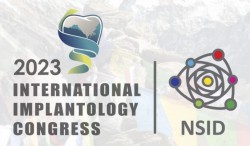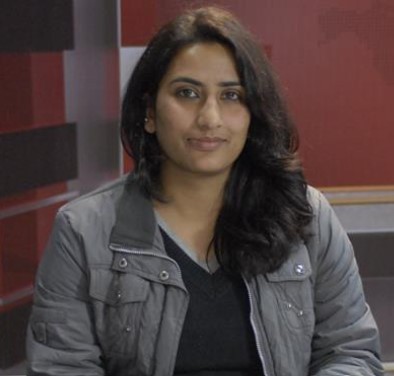Life & Health
The World Health Organization (WHO) has called on countries in South-East Asia to strengthen surveillance and public health measures for monkeypox, hours after it declared it a public health emergency of international concerns.
“More than 16,000 cases have now been reported from 75 countries, with five deaths,” WHO director general Dr Tedros Adhanom Ghebreyesus said in Geneva.
“We have an outbreak that has spread around the world rapidly, through new modes of transmission, about which we understand too little, and which meets the criteria in the International Health Regulations.”
High risk
WHO’s assessment is that the risk of monkeypox is moderate globally and in all regions, except in the European region where we assess the risk as high.
“There is also a clear risk of further international spread, although the risk of interference with international traffic remains low for the moment,” he said.
For the moment, the outbreak is concentrated among men who have sex with men, especially those with multiple sexual partners.
In the South-East Asian region, WHO underlined the need to scale up surveillance and public health measures. The warning came as the number of monkeypox cases in India showed an increased trend, and a new case detected in Thailand.
Caution in Nepal
With yet another case detected in India – the latest one in Delhi after three cases in Kerala, health officials expressed concerns that the virus could easily spread to neighbouring Nepal.
“There is a risk from people who frequently travel between Nepal and India,” Dr Anup Bastola, a tropical and infectious disease expert, told NepalMinute.
As the infection has been seen in India and the numbers are rising, experts fear, the infection can come to Nepal “any moment”. “Surveillance should be increased and any suspected cases should be immediately isolated and treated to prevent the infection spread,” Dr Bastola added.

_11zon1681280198.jpg)




